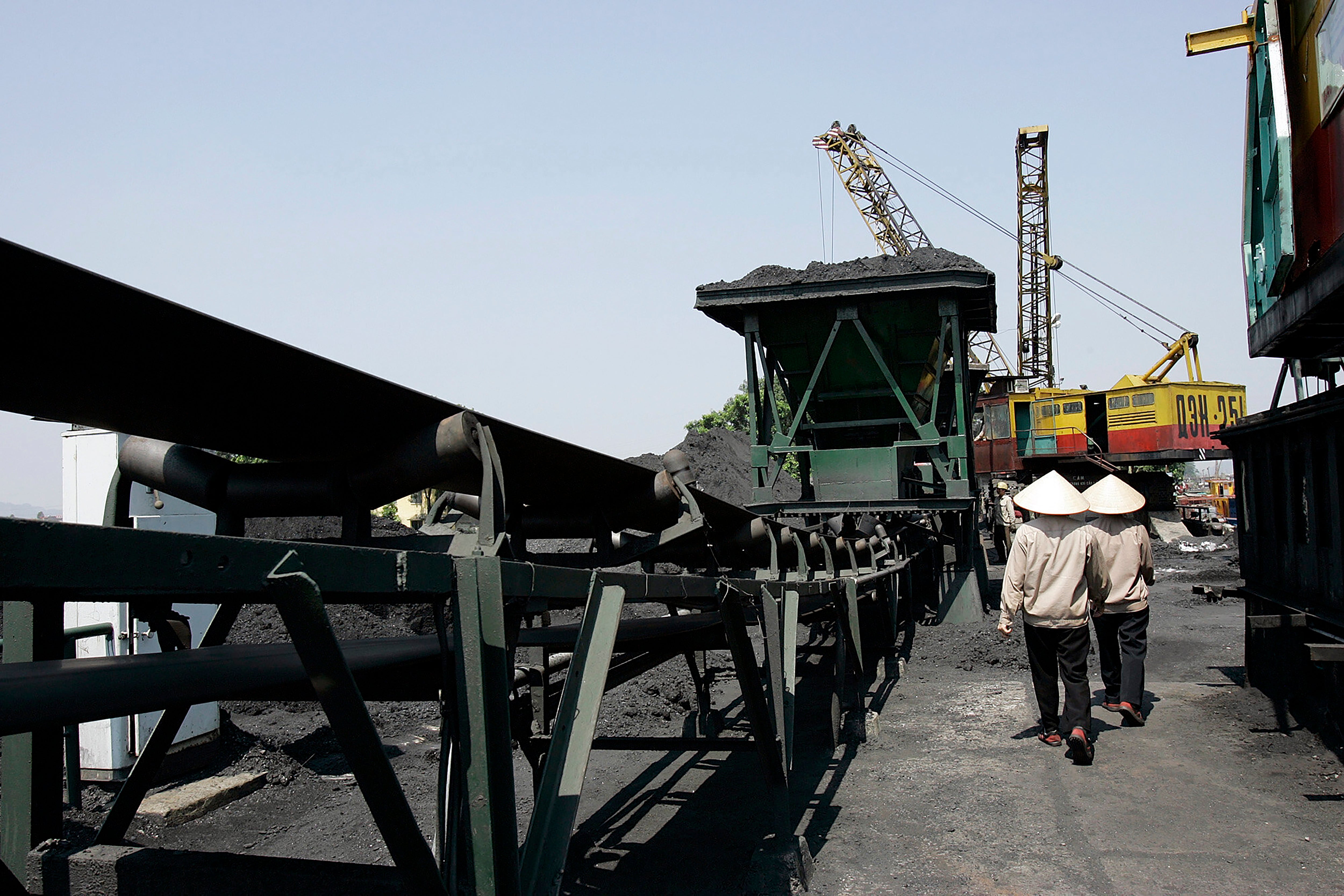Vietnam's plan for spending $15.5 billion for its clean energy transition to be announced at COP28
A plan for how Vietnam will spend $15.5 billion to transition to cleaner energy has been finalized and will be announced formally at the COP28 climate conference, which begins in Dubai next week

A plan for how Vietnam will spend $15.5 billion to transition to cleaner energy has been finalized and will be announced at the COP28 climate conference, which begins in Dubai next week.
Mark George, the climate counselor for the British Embassy in Hanoi, said that after months of coordination with key Vietnamese ministries to iron out details of how the money will be used, the final plan was finalized on Thursday.
George gave no details of the plan.
The United Kingdom is co-chair of a group of nine, rich industrialized nations that have agreed to provide the $15.5 billion to help Vietnam end its reliance on dirty coal power and more quickly switch to renewable energy as a part of a Just Energy Transition Partnership, or JETP.
“That is a really important milestone,” said George.
George was speaking at a panel discussion hosted by the UK-Vietnam Joint Economic and Trade Committee centered around opportunities for the two nations after Britain officially joined an Asia-Pacific trade group that includes Japan and 10 other nations.
Earlier this year, Vietnam released a national energy plan that aimed to more than double the maximum power Vietnam can generate to some 150 gigawatts by 2030. It called for a drastic shift away from heavily polluting coal and pledges that no new coal-fired plants will be built after 2030. It also called for expanding use of domestic gas and imported liquefied natural gas or LNG, which will account for about 25% of total generating capacity, while hydropower, wind, solar, and other renewable sources will account for nearly 50% by 2030.
Tang The Hung, the deputy director general of Vietnam's department of Energy Efficiency and Sustainable Development, who also was at Friday's panel, said “great support” from the international community was needed to ensure Vietnam can carry out its plan.
___
Associated Press climate and environmental coverage receives support from several private foundations. See more about AP’s climate initiative here. The AP is solely responsible for all content.